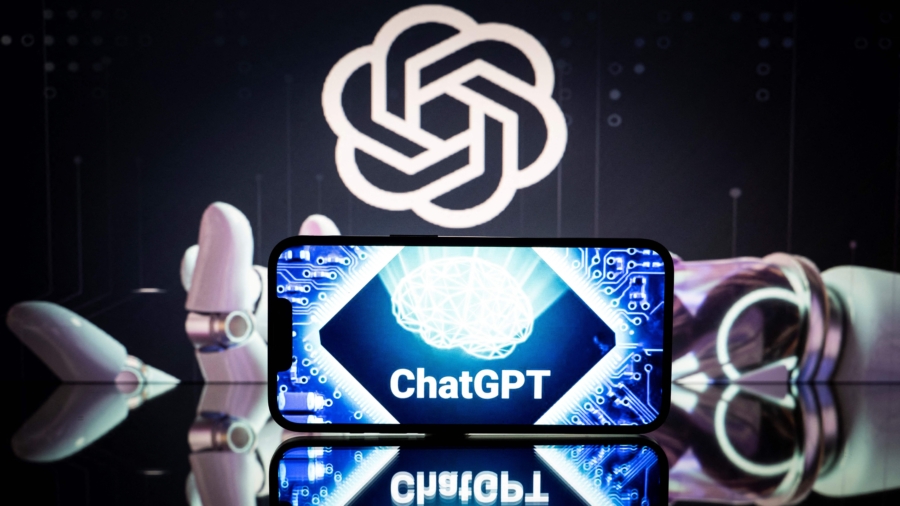Gmail’s developer Paul Buccheit thinks that the new artificial intelligence (AI) bot ChatGPT could dethrone Google’s online search capability.
“Google may be only a year or two away from total disruption,” Buccheit wrote in a tweet on Dec. 1, 2022, the day after San Fransisco-based tech company OpenAI launched its chatbot ChatGPT.
“AI will eliminate the Search Engine Result Page, which is where they make most of their money,” he wrote. “Even if they catch up on AI, they can’t fully deploy it without destroying the most valuable part of their business.”
He went on to say that AI bots like ChatGPT will do to Google search what Google did to the yellow pages (a print telephone directory of businesses, organized by category, within a specific geographical location)—render it obsolete.
The Washington Post explained how Google search works as compared to ChatGPT. Google works by “crawling billions of web pages, indexing that content and then ranking it” with the most relevant answers listed on top in what’s called a search engine result page (SERP). In contrast, ChatCPT “gives a single, immediate response” based “on its own search and synthesis of the information,” which gives consumers what they need quickly without any “scanning of other websites.”
Google primarily makes its money through advertising, CNBC reported. The Google search engine, though free to use for consumers, is monetized.
According to data compiled by FourWeekMBA, 81 percent of Alphabet’s (Google’s parent company) $257 billion in net sales came from paid advertising in 2021.
Google has spent several years working on chatbots of its own. One in particular, called LaMDA (or Language Model for Dialogue Applications), may even rival ChatGPT in its abilities, The New York Times reported. However, the Times noted, Google may be “reluctant to deploy” the new AI chatbot technology as a replacement for online search because “it is not suited to delivering digital ads.”
“Google has a business model issue,” CEO and cofounder of Vectara Amr Awadallah, who worked for Yahoo and Google in the past, told NYT. “If Google gives you the perfect answer to each query, you won’t click on any ads.”
Google is designed “with the purpose of ‘Let’s get you to click on a link,’” Sridhar Ramaswamy, who oversaw Google’s ads and commerce business between 2013 and 2018, told The Washington Post. “The goal of Google search is to get you to click on links, ideally ads, and all other text on the page is just filler,” he said, adding that ChatGPT’s system of generative search will disrupt Google’s way of doing business “in a big way.”
According to Statista, Google is the most frequently used search engine worldwide, accounting for 84 percent of the global search market share as of December 2022. The second-place spot last year went to Microsoft’s Bing with a mere 9 percent.
However, Microsoft seems to be gearing up to take Google on. According to an announcement on Jan. 23, Microsoft has been a multiyear, multibillion-dollar investor in OpenAI since 2019. The tech giant has already invested $1 billion, moz.com reported, with possibly more billions on the way.
And Reuters reported that Microsoft is currently working on a version of its search engine Bing that integrates ChatGPT into its search, hoping to launch it by the end of March.
ChatGPT launched on Nov. 30, 2022, as a free prototype to the public. Within five days of its release, OpenAI CEO Sam Altman announced in a tweet that ChatGPT had already reached 1 million users—something that took Netflix 3.5 years and Facebook 10 months to achieve, according to USA Today.

